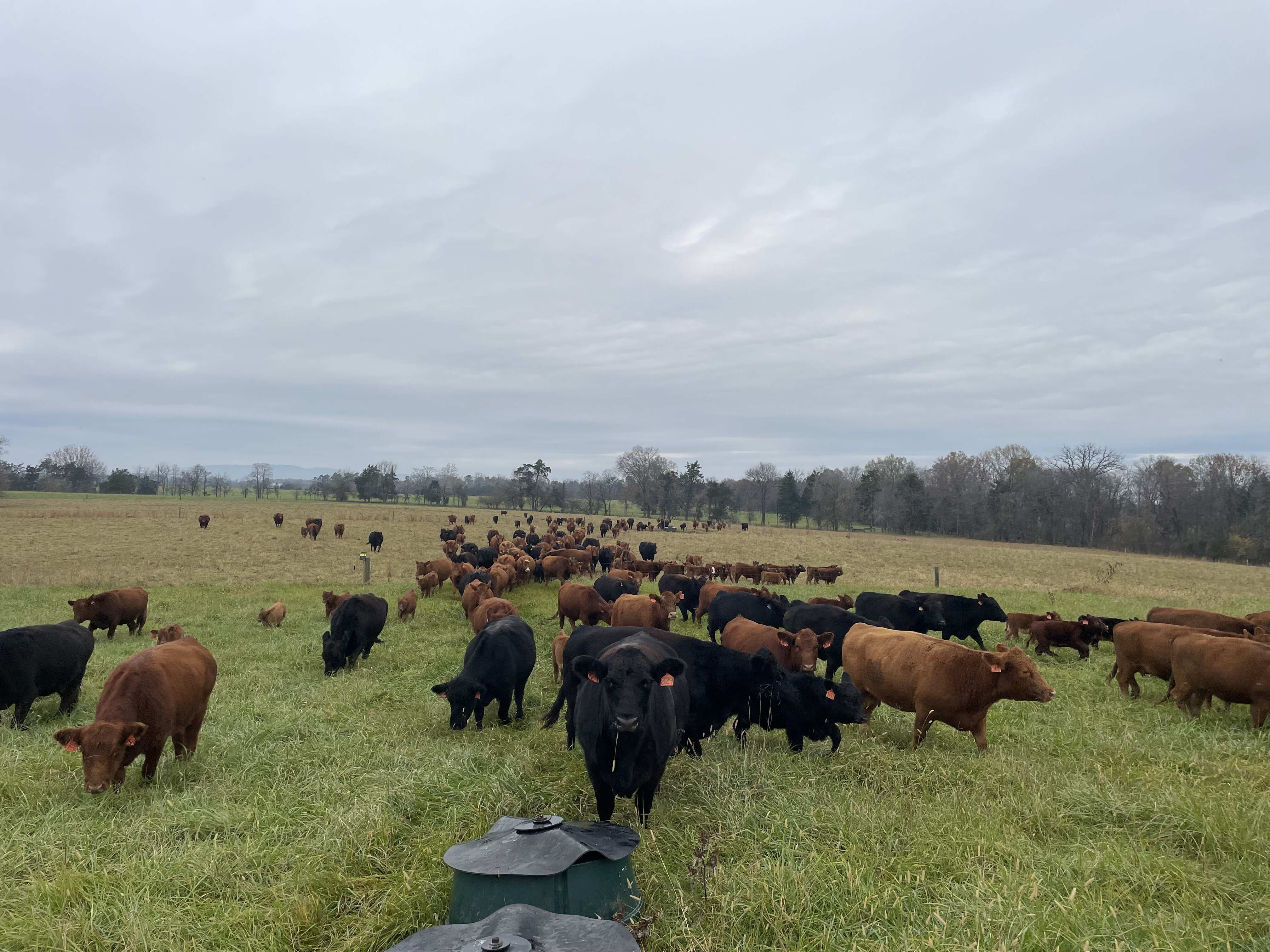Leave it to the professionals?
posted on
February 11, 2024
I wanted to share a thought-provoking quote from Aldo Leopold's "A Sand County Almanac" with you: "There are two spiritual dangers in not owning a farm. One is the danger of supposing that breakfast comes from the grocery, and the other that heat comes from the furnace."
Recently, I came across an article that made waves a couple of weeks ago: "Carbon footprint of homegrown food five times greater than those grown conventionally." While it's easy to dismiss such articles as clickbait, this particular one caught my attention as it was shared by several friends. Despite its provocative title, it raised some important questions.
I firmly believe in the spiritual, enriching, and vital experience of growing one's own food. While I understand not everyone can or should own a farm, we shouldn't overlook the significance of this connection with nature. Leaving food production solely to professionals, as suggested in the article, would be a disheartening prospect for the future of our planet as well as who we are as spiritual beings.
Over the years, the media has attempted to villainize various aspects of nature, from cows to medicinal native plants and fungi. Now, even backyard gardening is portrayed as harmful to the environment. It's essential to recognize that there may be vested interests at play in creating distance between people and nature.
What concerns me most is the possibility that someone might read this article and be dissuaded from starting a simple cherry tomato plant on their back porch. Every child deserves the opportunity to engage with nature, whether it's observing worms or picking beans from a trellis. This connection is crucial for fostering a love for nature, a sense of stewardship, and understanding our place within it, rather than merely consuming it.
Let's be cautious about the messages we consume and the narratives we accept. Growing our own food is not only a practical endeavor but also a deeply meaningful one that enriches our lives and nurtures our relationship with the natural world.



